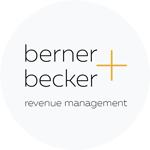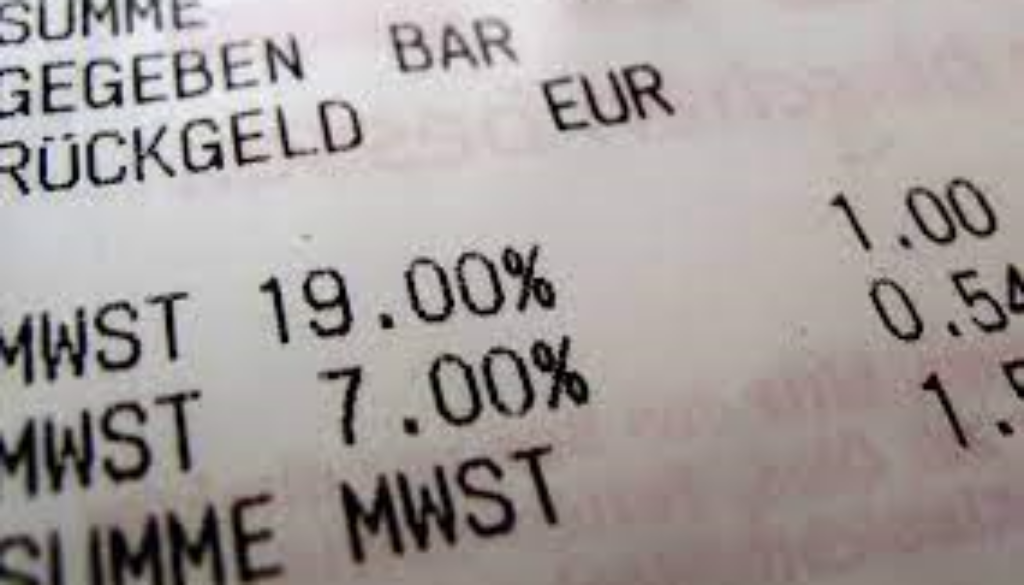The VAT increase is here – now what?
Going to your favorite Italian restaurant or eating out in style: Many will probably refrain from this starting January. The VAT for restaurant visits in 2024 will again be 19 percent. This makes dining out more expensive. But who is considering the hotels that advertise with their gastronomic offers, breakfast, half board, arrangements, etc.?
For three and a half years, restaurants and cafes only had to pay seven percent VAT on everything charged for food, the same as hotels. Now, the VAT is increasing back to 19 percent. A twelve percentage point increase – this hits the industry hard, but likely many guests as well.
WHY 19% NOW AND WHAT DO ECONOMISTS SAY?
The government expects to earn billions in revenue by returning to the old VAT rate (remember: this was the rate until 30.06.2020). The federal and state governments collected 3.6 billion euros less per year due to the temporary reduction to seven percent. The reduced VAT on food was a response to an exceptional situation that no longer exists: it was lowered due to Corona on July 1, 2020, and then kept low due to high inflation.
Oliver Holtemöller, head of the Macroeconomics department at the Leibniz Institute for Economic Research in Halle, believes it’s not the government’s job to ensure more people eat out or use F&B services in hotels. After the pandemic, there’s no reason to favor the industry. The hospitality sector is already prepared for higher VAT. Recently, restaurateurs have increased prices much more than many other sectors of the economy, and hotels have similarly justified their increases with high inflation.
EATING OUT HAS ALREADY BECOME MORE EXPENSIVE – WILL IT AGAIN?
Yes, at least on average. The Federal Statistical Office reports that eating out in gastronomy is now twenty percent more expensive than in January 2021. Economists at ZEW suspect that restaurant owners have already partially factored in the return to the higher VAT rate.
About 90 percent of gastronomic businesses say they will raise prices because they would otherwise bear the additional costs alone. This was determined by the German Hotel and Restaurant Association (Dehoga) in a survey. And so, it’s clear what direction this will take with hotels and their gastronomic offerings – passing on to guests through increased prices in most cases. Fair enough if everyone does the same. But here’s the catch, as there are different approaches that could make sense and thus also fuel competition.
A BRIEF OVERVIEW
• Hotels that have sold exclusively including breakfast will now offer an exclusive breakfast option – a lower, more competitive price point in the room area.
• Hotels switch from including to excluding breakfast – drastic but effective. See above, in margin-driven room sales, certainly a plus.
• Hotels will team up with local restaurants for delivery offers – with a revenue sharing model, for example. Because delivery services still benefit from the 7% rule, guests get their food delivered to the hotel, and the hotel earns a commission for the referral. WIN WIN WIN.
• There will be hotels that do not pass on the VAT increase to guests because they can afford to. And these hotels are generally in a good position.
WHAT DOES THE VAT INCREASE DO TO DEMAND?
The market research institute Yougov found that 44 percent of respondents said they would eat out less often or not at all if the full VAT was applied again.
This was already the case in the past two years when the VAT was still low. Many people wanted to eat out less or not at all because they wanted to save money due to inflation. The same applied to hotel travel. Did it happen? Not really.
AND HERE COMES THE ENCOURAGEMENT…
The industry association Dehoga expects that many businesses will close. But let’s be honest, the outcry at the beginning of a change is always big, and people quickly get used to what previously caused outrage and fear. Guests will get used to higher prices again, and hotels and restaurateurs will generally digest or compensate for the higher tax burden. Soon, a new topic will emerge that completely distracts from the VAT increase. So, stay brave, it will work out!




